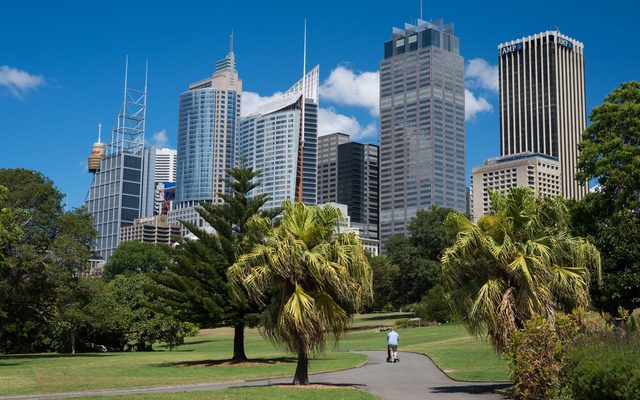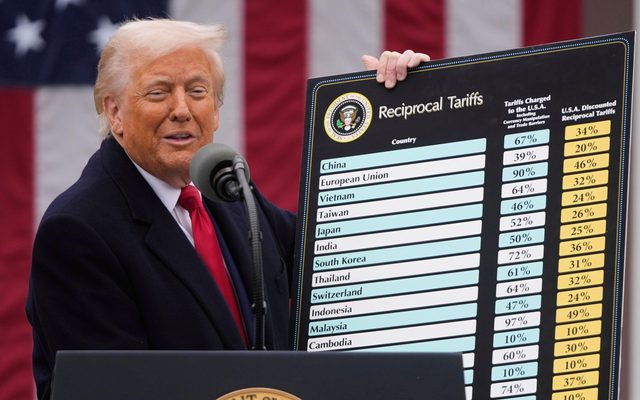This article is from the Australian Property Journal archive
THE Reserve Bank of Australia has given Australians another small reprieve, keeping interest rates on hold for a second consecutive month, but governor Philip Lowe warned further hikes may be needed to rein in inflation.
The RBA board was broadly expected to keep interest rates on hold at 4.1% after official data showed inflation fell to 6% in the year June, further from the 7.8% recorded in December, and that retail turnover also fell, by 0.8% in June, as Australians cut back on spending amid higher mortgages and a cost-of-living crisis.
It marked the first time since March and April last year that the board held rates steady for consecutive months. Since then, monthly repayments on a $500,000 home loan have risen $1,217.
Yesterday’s decision may only prove to be a temporary breather. Lowe hinted that more rises could be on the way.
“Some further tightening of monetary policy may be required to ensure that inflation returns to target in a reasonable timeframe, but that will depend upon the data and the evolving assessment of risks,” he said in statement.
“In making its decisions, the Board will continue to pay close attention to developments in the global economy, trends in household spending, and the outlook for inflation and the labour market.
“The Board remains resolute in its determination to return inflation to target and will do what is necessary to achieve that.” The RBA board’s target is between 2% and 3% and its central forecast is for inflation to continue to decline, to be around 3.25% by the end of 2024 and back within the target range in late 2025.
“There are though significant uncertainties. Services price inflation has been surprisingly persistent overseas and the same could occur in Australia. There are also uncertainties regarding the lags in the operation of monetary policy and how firms’ pricing decisions and wages will respond to the slowing in the economy at a time when the labour market remains tight.
“The outlook for household consumption is also an ongoing source of uncertainty. Many households are experiencing a painful squeeze on their finances, while some are benefiting from rising housing prices, substantial savings buffers and higher interest income. In aggregate, consumption growth has slowed substantially due to the combination of cost-of-living pressures and higher interest rates.”
He said the higher interest rates are “working to establish a more sustainable balance between supply and demand in the economy and will continue to do so”.
“Extended pause”: ANZ
Major lender ANZ maintained its expectation that the RBA is on an “extended pause”.
ANZ head of Australian economics, Adam Boynton noted that Lowe’s words “but that will depend upon the data and the evolving assessment of risks” are new this month and, consistent with other central banks globally, flag greater “data dependency” on the part of the RBA.
CoreLogic research director, Tim Lawless said another rate hike down the track remains a possibility. As well as inflation and retail sales being down, house price growth has slowed, but there remain persistently tight labour market conditions with unemployment at just 3.5%, alongside strong jobs growth, low productivity growth, and wages rising well above the decade average, and services inflation proving “sticky”.
“Highlighting the uncertainty ahead, some economists have already called a peak in the rate hiking cycle, others believe there will be one more hike in the coming months, while others are pricing in two more rate hikes on the basis of tight labour market conditions potentially feeding wages growth and keeping inflation higher for longer. The range of cash rate forecasts reflects the sheer uncertainty in the economy.”
PEXA chief economist, Julie Toth said the longer pause would be welcome news for mortgage holders and property buyers, and allow Australia’s property and mortgage markets to “stabilise and recover, following an unusually rapid sequence of rate rises over the preceding 12 months”.
“This extended pause in monetary policy tightening will help to inject a greater degree of confidence and stability into housing markets, for sellers, buyers and builders,” she said.
The Australian Retailers Association welcomed the pause in interest rates, but remains concerned about the ongoing economic pressure for mortgage holders and retailers.
“There is a lag effect around cost-of-living pressures in retail, and the full impact of interest rate rises are yet to be felt, with many hundreds of thousands of mortgage-holders still tipped to roll off fixed rate loans this year,” said CEO Paul Zahra.
“Similarly for retailers, we expect many significant leasing cost increases and other costs of doing business impacts are still yet to come,” he said, noting that for the first time this year, department stores, clothing, footwear and accessories and other retailing joined household goods in the realm of a year-on-year spending decline.




